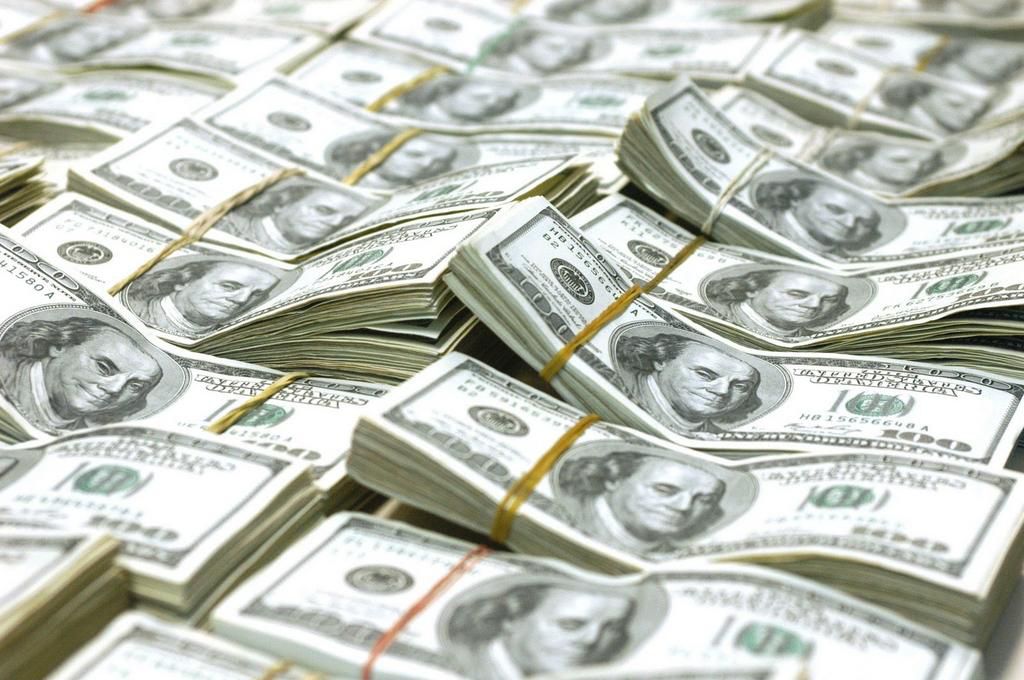No dollar payments for school fees, rents, other services – BoG warns
)
The Bank of Ghana has issued a firm warning to the public against unauthorised foreign exchange transactions, particularly the use of United States dollars (USD) for payments within the country.
In a communiqué dated Wednesday, August 27, the central bank stressed that unlicensed forex dealings, pricing, advertising, issuing receipts, or making payments in foreign currency contravene the Foreign Exchange Act, 2006 (Act 723). It directed all institutions, both public and private, as well as individuals engaging in such practices, to cease immediately.
Reaffirming that the Ghana Cedi remains the sole legal tender, the Bank of Ghana cautioned that no resident of Ghana, unless duly licensed or authorised, may price, advertise, invoice, receive, or make payment in foreign currency for goods and services. These include, but are not limited to:
ALSO READ: Here’s why Capt. Traoré banned Bill Gates-backed ‘modified mosquito’ project in Burkina Faso

School fees
Sale and rental of vehicles
Sale and rental of real estate
Airline tickets
Domestic contracts
Retail shopping
Online sales
Hotel accommodation
The communiqué clarified that foreign currency invoices may only be issued to expatriates or non-residents, with proceeds required to be lodged in a Foreign Exchange Account (FEA) at a licensed bank. Exchange rates applied must reflect prevailing commercial bank rates, benchmarked against the Bank of Ghana’s reference rate, and not set arbitrarily.
)
The Bank further noted that foreign exchange remains transferable through the banking system for legitimate external payments, subject to regulatory thresholds and banking procedures.
Reiterating its commitment to enforce compliance, the Bank of Ghana warned that defaulters will face sanctions and possible legal action in line with Act 723.
)
)
)
)
)
)
)
)